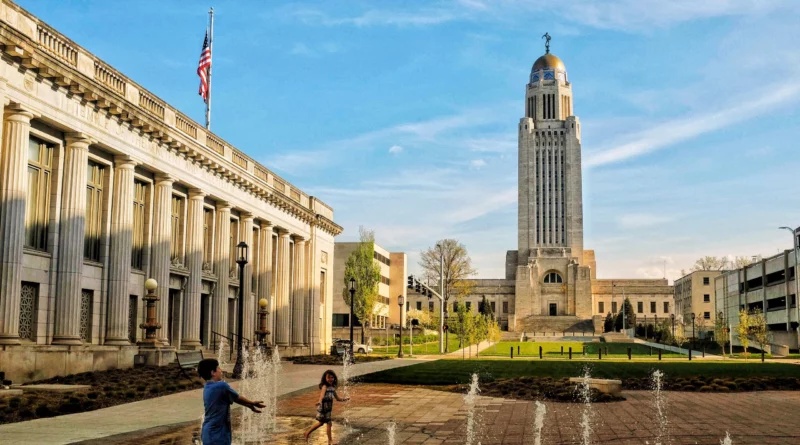History Of Lincoln Nebraska
Lincoln, Nebraska is the capital of the state of Nebraska and is known for its rich history and culture. The city was founded in 1856 and named after Abraham Lincoln, the 16th president of the United States. Over the years, Lincoln has played a significant role in shaping the history of Nebraska and the United States. In this article, we will explore the history of Lincoln, Nebraska, from its early days to the present.
Early Settlements and Founding of Lincoln, Nebraska
The area that is now known as Lincoln was originally inhabited by various indigenous tribes, including the Pawnee, Otoe, and Omaha tribes. In the early 1800s, European-American fur traders and trappers began to explore the area, and in the 1850s, settlers began to arrive in the region. The Nebraska Territory was established in 1854, and the city of Lincoln was founded in 1856.
The city was named after Abraham Lincoln, who was a rising star in the Republican Party and a vocal opponent of the expansion of slavery. At the time, Nebraska was a territory that had not yet been admitted to the Union, and the issue of slavery was a contentious one. The naming of the city after Lincoln was seen as a nod to the anti-slavery movement and a statement of support for the Republican Party.
Early Growth and Development in Lincoln, Nebraska
During the early years of its existence, Lincoln grew slowly but steadily. The city was located on the Great Plains and was surrounded by fertile farmland, which made it an attractive destination for settlers. In 1867, Nebraska was admitted to the Union as the 37th state, and Lincoln became the capital of the new state.
Over the next several decades, Lincoln continued to grow and develop. The city became a center for agriculture, education, and government. The University of Nebraska was founded in Lincoln in 1869, and the city became known as a hub for education and research.
The 20th Century and Beyond
During the 20th century, Lincoln continued to grow and change. The city became more diverse and began to attract new industries and businesses. In the 1960s, the city experienced significant growth as a result of the expansion of the University of Nebraska and the construction of new government buildings.
Today, Lincoln is a vibrant and thriving city that is home to more than 290,000 people. The city has a rich cultural heritage and is home to numerous museums, art galleries, and historic sites. Lincoln also has a thriving economy and is home to a number of large corporations and small businesses.
Conclusion
The history of Lincoln, Nebraska is a fascinating and complex one that spans more than 150 years. From its early days as a small settlement on the Great Plains to its present-day status as a thriving city, Lincoln has played a significant role in shaping the history of Nebraska and the United States. Today, the city continues to be a center for education, culture, and business, and it is an important part of the fabric of American life.
Discover more from City Towner
Subscribe to get the latest posts sent to your email.




